
Article
Is the Staggeringly Profitable Business of Scientific Publishing Bad for Science?
It is an industry like no other, with profit margins to rival Google – and it was created by one of Britain’s most notorious tycoons: Robert Maxwell.
The Guardian,
2017
Recommendation
Stephen Buranyi’s scientific background is apparent throughout this article, but he also proves himself an entertaining storyteller. With the aid of interesting anecdotes and citations, he describes the rise of the immensely profitable scientific publishing industry under the dominance of its central figure, media mogul Robert Maxwell. getAbstract recommends this article to anyone who is interested in a behind-the-scenes look at scientific publishing, how it takes advantage of scientists and how it's shaping science.
Summary
About the Author
Stephen Buranyi is a freelance writer based in London and a former researcher in immunology.
Learners who read this summary also read
Article
Article
Book
Article








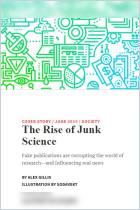
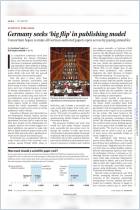

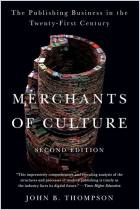
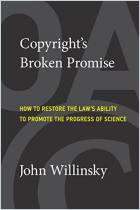
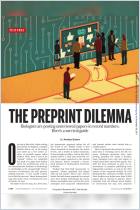




Comment on this summary or Начать обсуждение